Yeast Molecular Genetics and Cell Biology
For over 6000 years yeasts have been useful to humans in the production of food (bread) and beverages (beer and wine), but over the last 50 years bakers’ and brewers’ yeast has become even more important to us by enabling scientists to gain insight into cellular function and disease. Why? Because yeasts inhabit the same kingdom of life as humans and therefore share fundamental biological processes with them.
Yeast cells and human cells do many things the same way using similar genes: their basic metabolism is nearly identical; the components of their machinery for growth and division are similar; they respond to insults in similar ways using similar cellular machines. Human genes are so similar to their yeast counterparts that they can often function in yeast to replace the yeast gene. This makes yeasts an excellent model for human cells because yeasts are much more amenable to experimentation. For this reason, many laboratories in the Department of Biochemistry and Molecular Genetics employ yeasts in their experiments.
Laboratories in the Department use yeast to probe mechanisms of DNA replication and cell division, to understand the control of gene expression and the process of transcribing information in the DNA into the RNA that codes for proteins, to learn how DNA is organized and packaged in the nucleus, and how DNA and RNA are modified and what that does to the cell, and to reveal how cells sense and respond to nutrients. The product of these research programs are advancing our understanding of how cells work and informing the causes of disease. And after a productive day in the lab we often retreat to the local pub to discuss our results and ideas over one of the other products of yeasts.
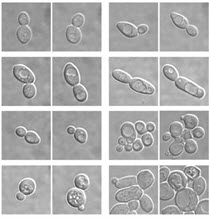
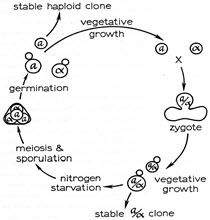
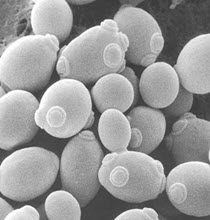
Faculty with Research in this Area
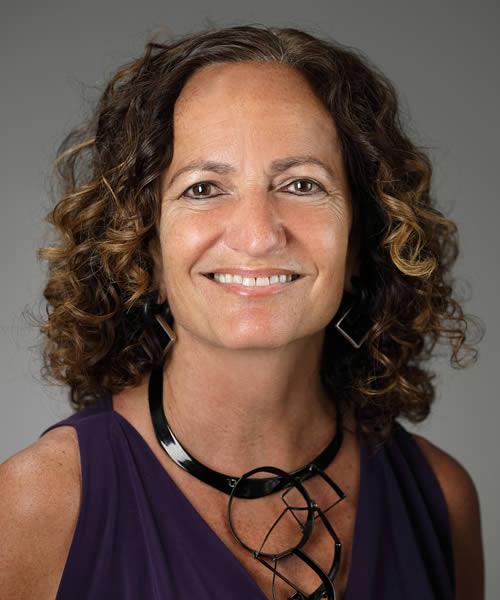
Julia Promisel Cooper, PhD
An expanded view of telomeres and their roles in safeguarding genome stability
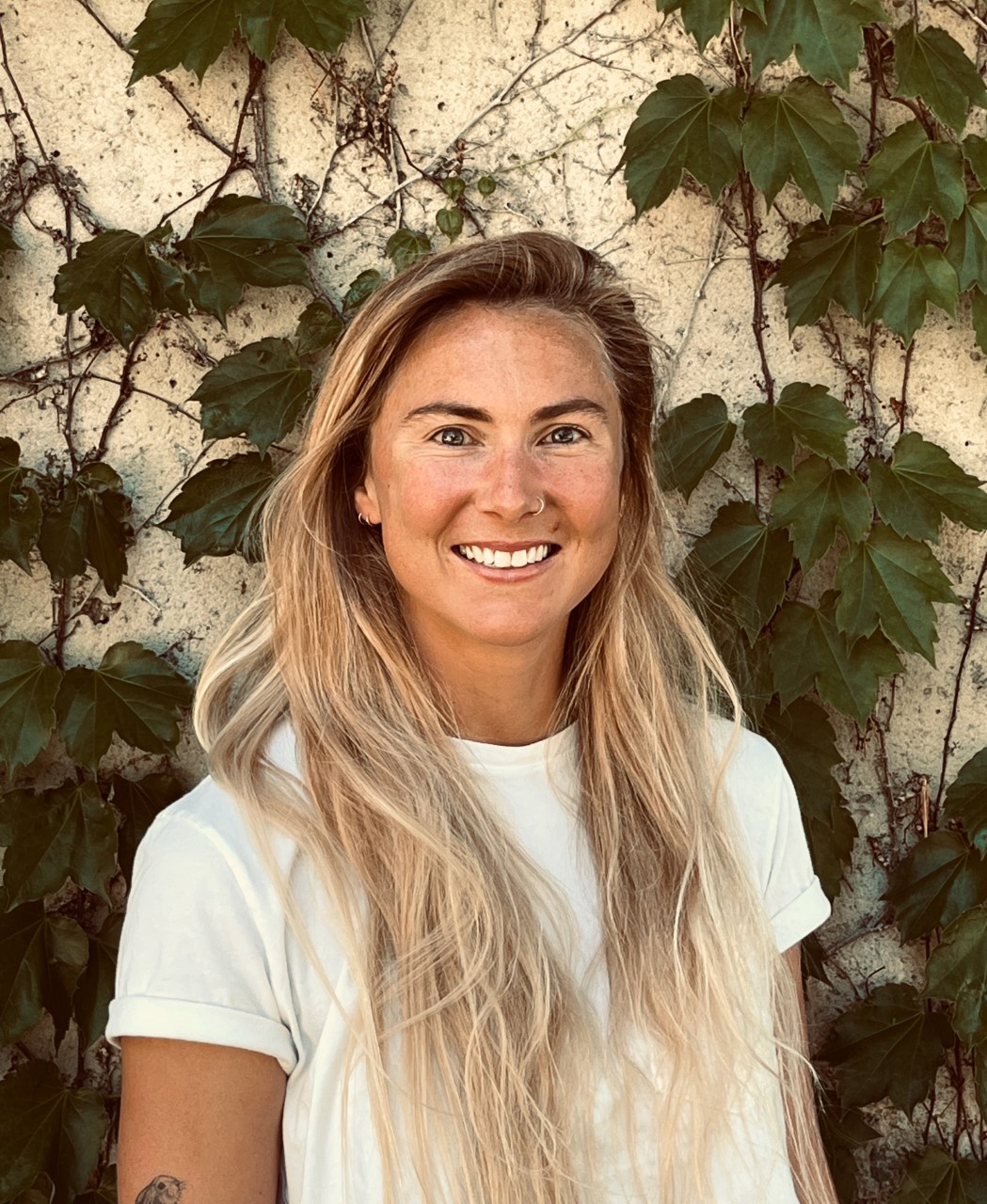
Lydia Heasley, PhD
Molecular causes and phenotypic consequences of the broadly defined family of genomic features known as structural variations (SVs)
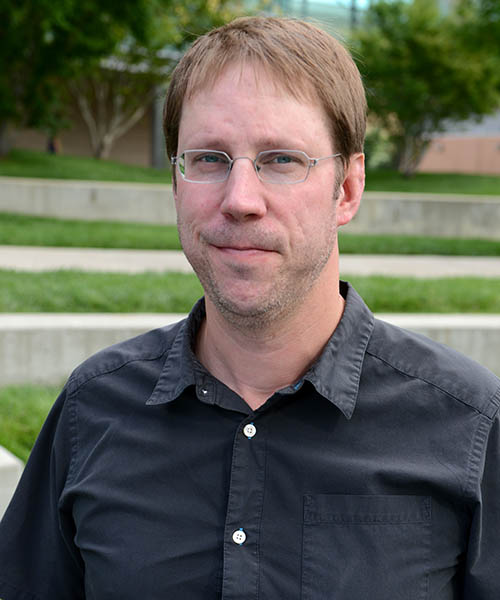
Jay Hesselberth, PhD
Nucleic acid repair
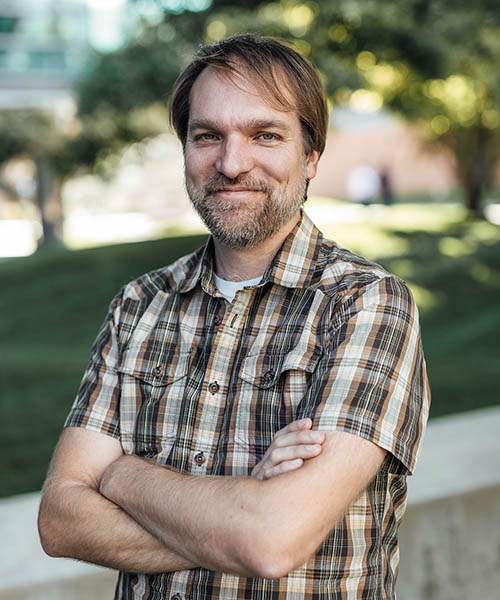
Aaron Johnson, PhD
Mechanisms of chromatin-mediated gene silencing
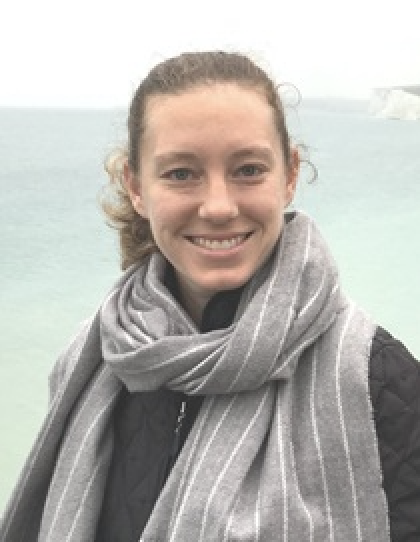
Allison McClure, PhD
Cell cycle regulation of DNA replication
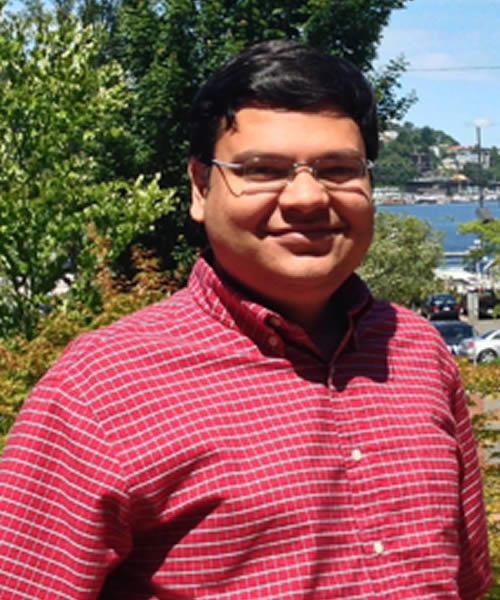
Srinivas Ramachandran, PhD
In vivo nucleosome structure and dynamics
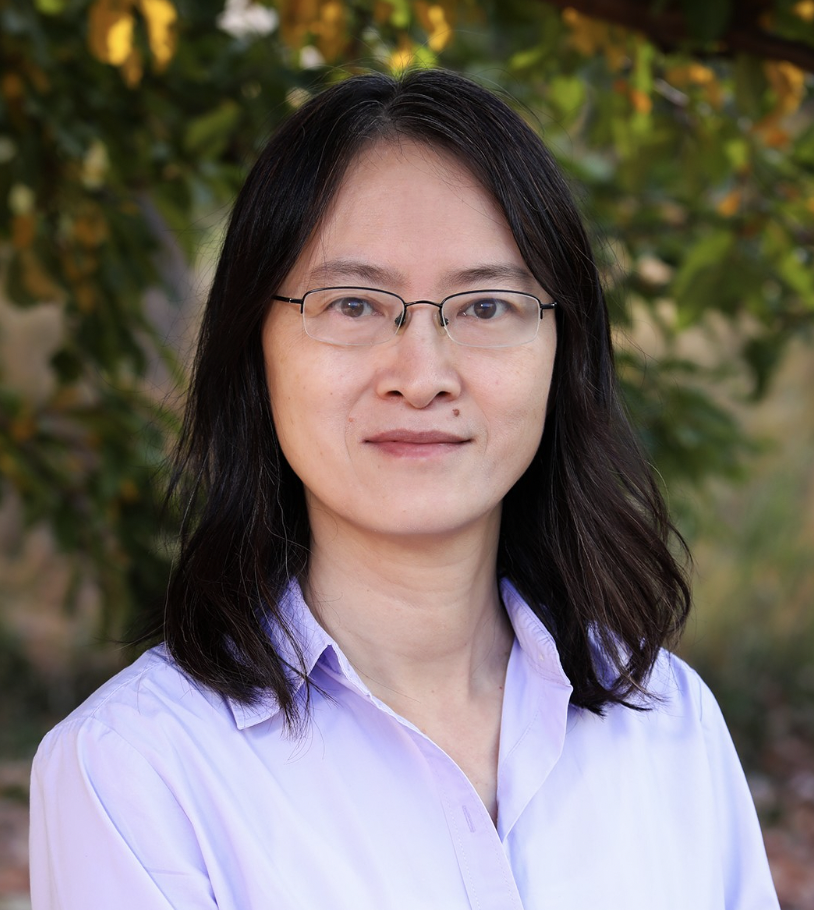
Rui Zhao, PhD
Molecular mechanism of pre-mRNA splicing; drug design targeting transcriptional complex in breast cancer
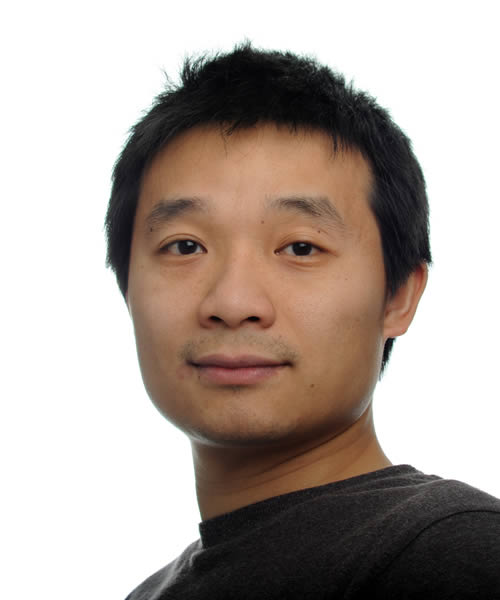
Hongjin Zheng, PhD
Structural biology of membrane proteins and protein complexes